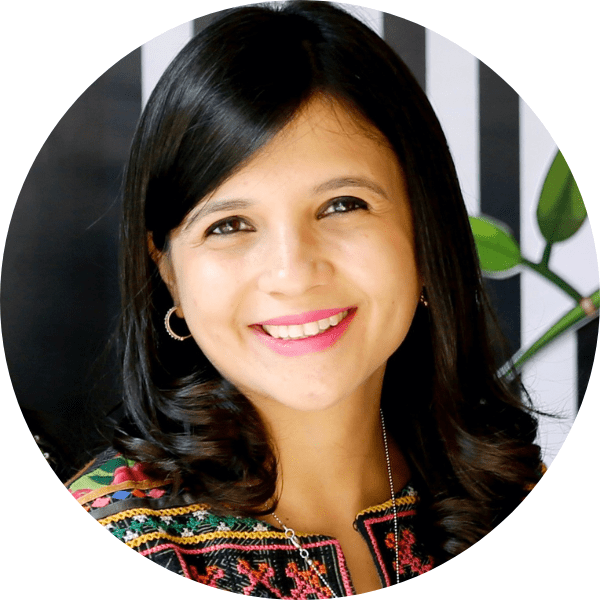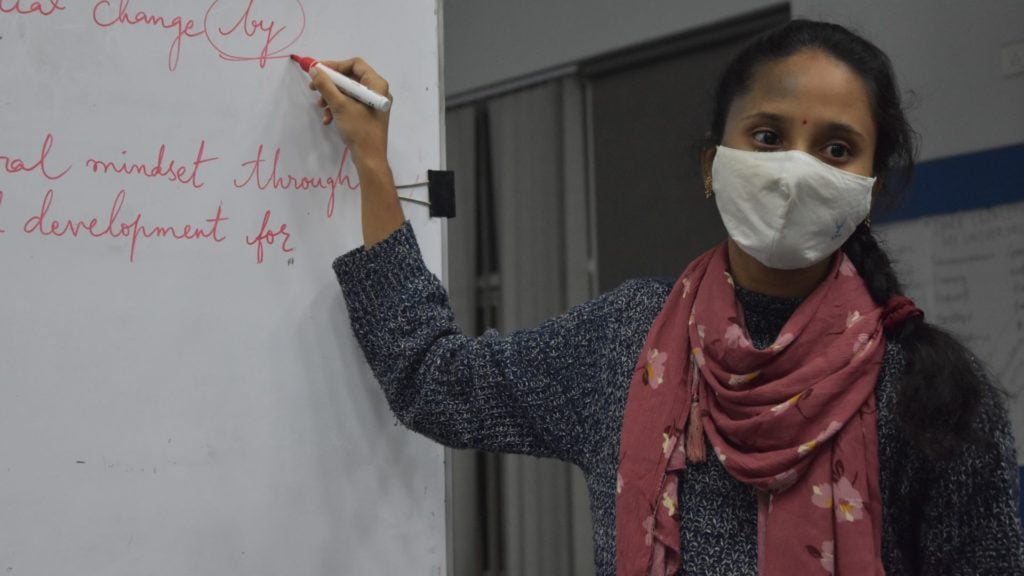4 min read
Co-Author: Shubhi Sharma
This blog is based on an episode of the ISDM-CPSJ 2022 Philanthropy and Social Justice Conversation Series that features conversations with thought leaders and action leaders on the need to reshape and tap the potential of philanthropy for social justice in India.
Education is fundamental for long-term societal and economic transformation and is the pathway to a healthy democracy. Without education, we cannot upskill ourselves in current times. Education remains the most popular area for philanthropic funding today. This is good news. However, finding sustainable solutions that address inequities in education is a complex issue. Often, there are deeper societal issues involved, like matters of caste or religion, and existing power dynamics among communities which should be well considered while looking at solutions for fixing the education landscape. Philanthropic organisations, often, try to solve problems in societies according to their own lens and understanding, ending up with more problems.
Active efforts by many philanthropists and NGOs over the years have undoubtedly improved the literacy rate exponentially in the country. However, despite all these efforts, what startles us the most is that we still haven’t seen much progress in the learning outcomes of school education. This is a critical matter of concern. One reason for this can be that when we started to improve the education status in the country, our primary focus was on massification, i.e., to ensure that every child was at least getting to school. Since then, there has been growth in access and equity largely in providing that access to education.
Our focus now should be on improving the learning outcomes in school education. And how we can do this at scale is the bigger question that philanthropy needs to answer.
In India, a majority of children are sent to private schools and not government schools. A potential reason for this is that the medium of instruction is deemed better in private schools.
For the longest time, philanthropic support has mainly been for remedial work addressing these issues. But we must understand that this is only a temporary fix and can’t be sustainable unless these efforts are embedded within the system. If we genuinely want to educate the children left behind and uplift them, we must work on system reform in partnership with the government. Early childhood education is an area where philanthropists can address a challenge often left unnoticed by the authorities, as their primary focus remains on the higher age groups.
Let’s discuss below the critical factors which can enable Philanthropy to achieve Sustainable Development Goal 4 of ensuring inclusive and equitable quality education and promoting lifelong learning opportunities for all.
- Teachers make a difference: The State of Education Report for India 2021 released by UNESCO spotlighted the crucial role played by teachers in the overall education ecosystem as “With no teacher, there can be no class”. It highlights the need to recognise and value teachers as they are paramount to improving the overall learning outcomes. To achieve this, we must have more teachers who are professionally qualified and trained to maintain an excellent student-teacher relationship for overall academic success. Based on mutual trust and accountability, teaching governance through consultation leads to teachers developing a more robust sense of acceptability.
- Strengthen the Curriculum: There is an immediate need to upgrade the over-engineered curriculum we have been following for a long time. We need to design a curriculum and have a more structured form of pedagogy that considers the children coming into the system, and understands their challenges better. We may need to devise some formative assessment or remedial strategies to support this.
- Changing the Classroom transaction through data: Data can be leveraged to redesign the teaching material, train the teachers and build an excellent monitoring system based on classroom observations. We can also utilise research for behaviour change which is essential for classroom transactions to change. Action research provides us more profound insights on whether something works or not, and can be extremely helpful in driving behaviour change.
- Collaboration: Collaborating with the government, which handles the education traditionally, NGOs, and local communities, yields tremendous opportunities and results for a philanthropic organisation. It allows the organisation to realise economies of scale on big projects and share each other’s expertise and resources to bring impact at scale.
- Understand the beneficiary: We must understand the beneficiary as best as possible, understand how the societal structures are, what the community level issues are and know that these kids have been subjected to caste discrimination and gender discrimination in their lives and how, through education, we can help them.
- Behaviour change: Behaviour change at our end is critical-be it the teachers, parents or any other authority involved. We have to believe in the potential of every child, which requires us to get rid of certain biases, to encourage these kids and make them reach their true capabilities.
Therefore, philanthropy can bridge the gap by acting as a catalyst between the fantastic efforts being done by the NGOs at the ground level, and work with the government to bring it to scale. We will need to constantly innovate to find new funding methods, build evidence around what works, improve pedagogy and curriculum and teacher development assessment etc. Philanthropy’s ultimate role is to inform policy and system reform that bring change at scale. It can help the government implement strategies and processes to uplift the bottom half of the segment.


















